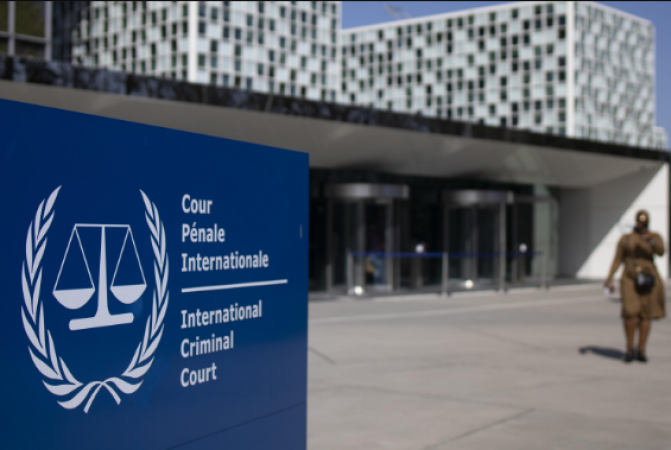
NY City: Following his investigations into war crimes in Libya, the International Court of Justice prosecutor announced during a briefing at the UN Security Council on Thursday that the court had issued four warrants for the arrest of specific people.
During the briefing, ICC prosecutor Karim Khan stated that he had applied to have the warrants unsealed and that the ICC international judges would make a decision in due time.
Khan claimed that over the previous few weeks, he had also applied for two more warrants.
Although Khan did not give the names of those for whom international arrest warrants were issued or their nationalities, it is assumed that they are important figures from the former regime of Muammar Gaddafi. NATO, a military alliance between the United States and Europe, overthrew Gaddafi from power following a popular uprising against his decades-long dictatorship.
The uprising and the ensuing civil war resulted in the deaths and injuries of thousands of innocent Libyan citizens, as well as the disappearance of many others.
Following the Security Council's referral and Resolution 1970, which denounced the use of lethal force by Gaddafi and his top advisors against Libyan civilians, the ICC opened an international war crimes investigation in Libya in 2011.
Saif Al-Islam Gaddafi, the deposed leader's eldest son, and Abdullah Al-Senussi, a former colonel in the Libyan air force and head of military intelligence, both received arrest warrants from the ICC on June 27, 2011.
Khan added that he had spoken with Libya's legal authorities and met with the minister of justice, the military prosecutor, and the attorney general of the nation.
In order to achieve justice and bring accused parties before a court, he emphasised the importance of partnership and cooperation between national states and the ICC.
"Partnerships are key to justice," he declared.
Also Read: Indonesia: ASEAN's credibility is at risk as the Myanmar crisis gets worse
He said, "Everyone must step up and every state must recognise the shared responsibility if the referral from this council to the court is to be vindicated.
Speaking at the Security Council meeting, the Libyan representative at the UN stated that his nation was fully committed to holding those guilty of war crimes "accountable" and to punishing them in accordance with Libyan national law.
He asserted that the Libyan judicial system was utterly dedicated to carrying out its duties and that the administration of justice on Libyan soil was a sovereign prerogative.
The Libyan representative reaffirmed his nation's dedication to cooperating with the ICC in accordance with its mandate based on the idea of "complementarity," in which the ICC and the national justice system supported one another during investigations. The ICC, he asserted, would not serve as a "alternative" to Libya's legal framework.
Also Read: Man jailed in the UK for praising the murder of a French teacher
Khan stated that he intended to send members of his team to Libya in order to communicate with the Libyan government and set up a field office in Tripoli. He called these actions "important" and not just a "cosmetic exercise" because they made victims' rights more real.
Other speakers reaffirmed the position taken by their nations regarding the need to hold war crime perpetrators accountable in order to bring justice to the Libyan people.